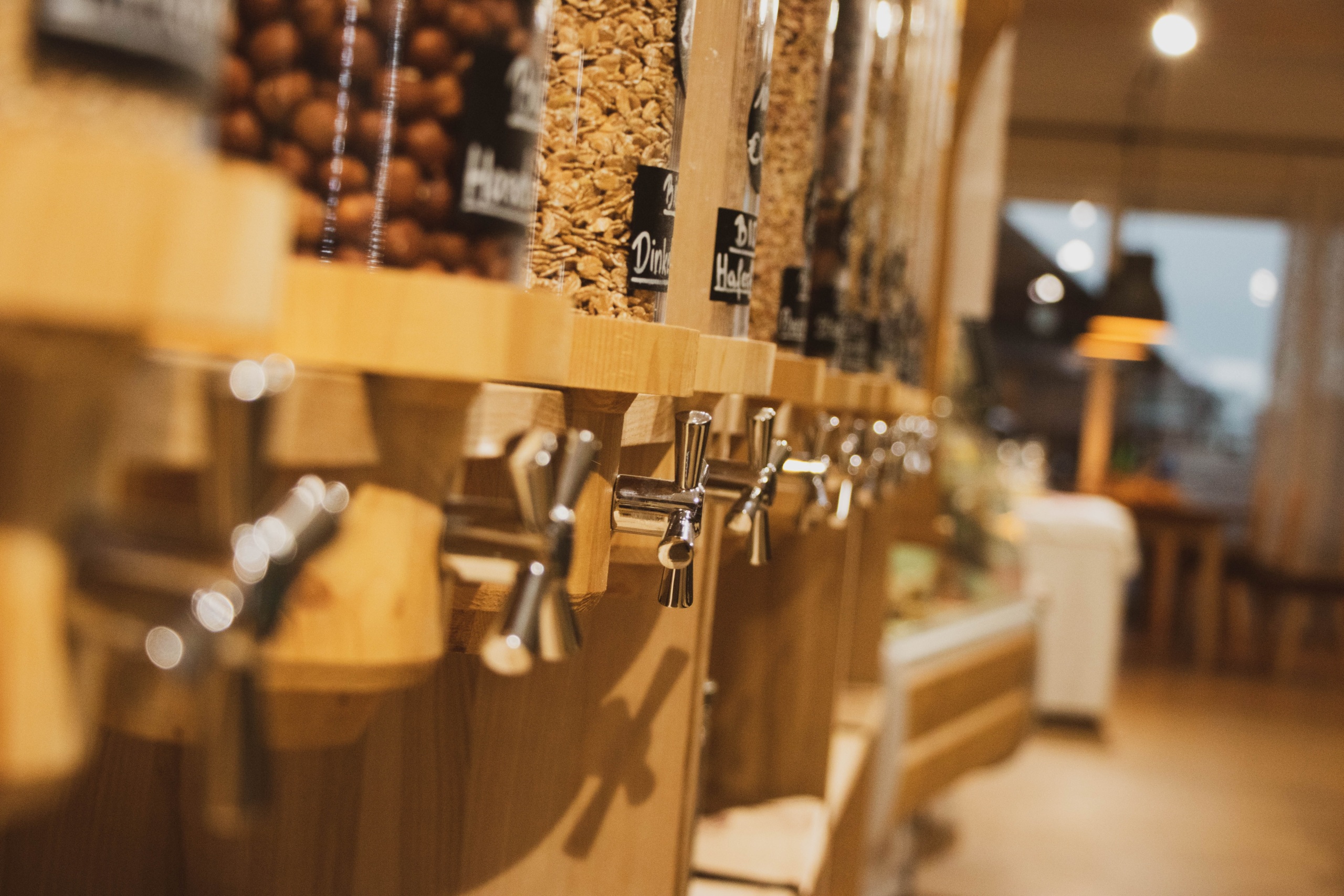
Ditch plastic packaging: Shop at your local refillery
A wave of new retail businesses are eliminating single-use plastic packaging entirely, showing us what a future with dramatically less plastic could look like.
To spare birds, fish and other wildlife from the harm caused by plastic pollution, we’re raising our voices for a world with less single-use plastic products.
Maybe you’ve seen the video of a sea turtle with a plastic straw stuck in its nose, or the headlines about whales washing ashore with stomachs full of plastic. With so much plastic pollution floating in the ocean, it’s too easy for wildlife to mistake it for food — and too often, they pay the price with their lives. The good news is that more people, communities, states and companies are moving away from the single-use plastics we don’t even need. Because after all, nothing we use for a few minutes should pollute our environment and threaten wildlife for hundreds of years.
A wave of new retail businesses are eliminating single-use plastic packaging entirely, showing us what a future with dramatically less plastic could look like.
This year's Ocean Day will give participants the opportunity to meet with their state legislators, hear from experts on current issues concerning the ocean, and celebrate California's marine life.
Attend
IN-PERSON
Capitol Annex Swing Space, 1021 O Street, Sacramento, California 95814
Report ●
The past year saw significant progress for our environment — and your support helped make it possible.
Here are 10 examples of how our advocates won positive results for the public and the planet in 2023.
On Thursday, advocates from PIRG and Environment America discussed the growing environmental impact of clothing overproduction and what state lawmakers can do about it.
Together, we can move states, and our country, beyond plastic.
State Director, Environment California
